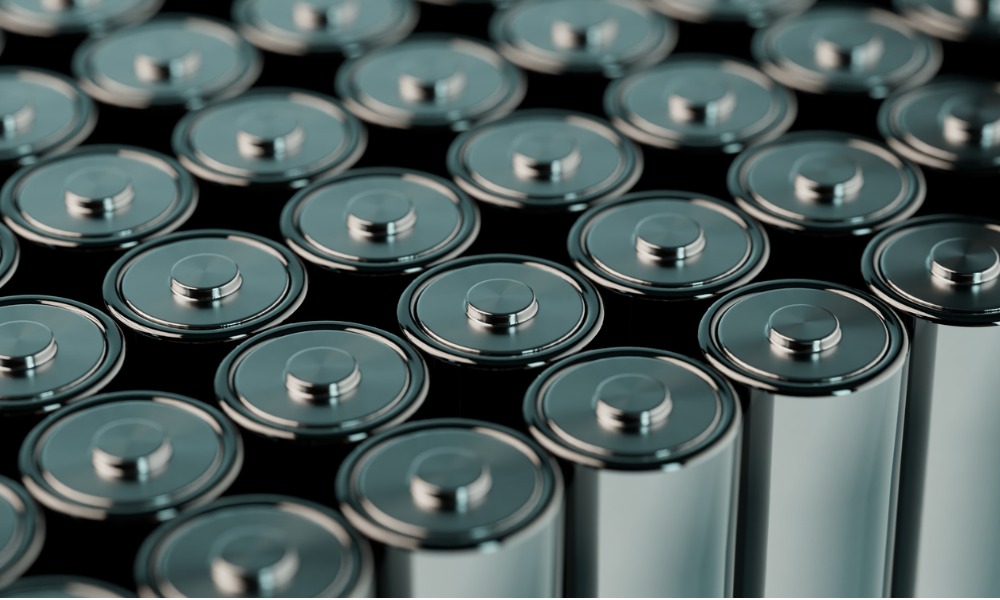BMO warns of weak economic data, while JP Morgan favours defensives and Scotiabank highlights new battery tech

BMO Canadian rates and macro strategist Benjamin Reitzes has warned clients that economic data is weaker than it appears, as reported by The Globe and Mail.
He noted that Canadian headline retail sales fell for the third consecutive month at the start of 2024, dropping 0.2 percent in March. Elevated interest rates and high prices continue to impact consumers. Volumes also declined by 0.4 percent, marking the second straight monthly decrease.
Despite a 1.1 percent annualized rise in volumes for Q1 and a 0.8 percent increase year-over-year for March, Reitzes emphasized that the reality is less positive.
Population growth exceeding 3 percent means sales are actually falling on a per capita basis, with per capita volumes trending lower for about three years and only 0.5 percent above the pre-pandemic peak of Q2 2018.
This decline helps explain the continued softness in Canadian consumer sentiment and the struggles faced by some retailers.
Reitzes suggested that, despite an April flash estimate indicating a potential rebound in activity, there is nothing in the retail figures that would prevent the Bank of Canada from cutting rates at its next meeting.
JP Morgan global strategist Mislav Matejka has expressed a preference for defensive sectors over cyclicals. He explained that defensives and bond proxies have historically struggled when bond yields were rising, but this phase might be ending.
During the Nov-Dec period, cyclicals rallied as the US 10-year yield fell from 5.0 percent to 3.8 percent, driven by market anticipation of activity acceleration due to a Federal Reserve pivot and easing financing conditions.
However, Matejka believes the current backdrop of softening activity momentum, evidenced by a notable decline in the US economic surprise index into negative territory, favours defensive sectors. He noted that in Q2, defensives have outperformed in both the US and Europe.
Additional factors include stretched valuations for cyclicals compared to defensives and the gap between cyclical performance and PMIs over the past 18 months.
Matejka’s top picks in European equities include Eni, Total Energies, Shell, CRH Public Limited, Rio Tinto, Norsk Hydro, Anglo American, Schneider Electric, Ashtead Group, Ryanair Holdings, Airbus, MTU Aero Engines Hldg, Stellantis, BMW, Inditex, Adidas, Richemont, Compass Group, Colruyt Group, Anheuser-Busch Inbev, Novo Nordisk ‘B’, Astrazeneca, Smith & Nephew, UBS Group, Natwest Group, Ing Groep, Intesa Sanpaolo, London Stock Exchange Group, Amundi (Wi), Dassault Systems, ASML Holding, ASM International, Deutsche Telekom, BT Group, RELX, Hellofresh, RWE, Enel, and Segro.
Scotiabank analyst Ben Isaacson has highlighted recent advancements in lithium battery technology. Scientists have developed a new type of cathode material using iron for lithium-ion batteries in electric cars.
This innovation aims to replace more expensive and scarce metals like cobalt and nickel, leading to cheaper, safer, and more sustainable batteries with higher energy densities.
Isaacson noted that this new approach could benefit electric vehicles not only due to its cost-effectiveness but also because it represents a more sustainable alternative.
Oregon State University researcher Xiulei Ji stated that the new iron-based electrode offers higher energy density than current high-energy cathode materials and is significantly cheaper, with iron costing less than a dollar per kilogram compared to the high costs of nickel and cobalt.



